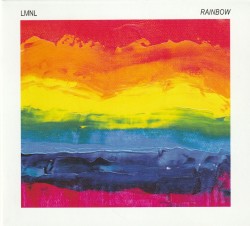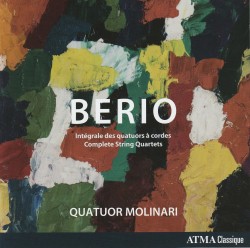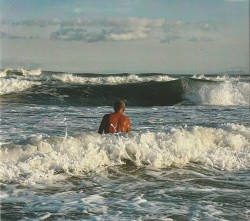Rainbow - LMNL
 Rainbow
Rainbow
LMNL
People Places Records PPR | 062 (peopleplacesrecords.bandcamp.com/album/rainbow)
Rainbow is the debut release by LMNL, a new experimental collective project led by Canadian multi-instrumentalist performer/composer Jerry Pergolesi. Here Pergolesi plays percussion, trumpet and electronics with Louise Campbell on clarinet and electronics. They both created and facilitated Rainbow,
a 60-minute post-modern ambient treatment of Judy Garland’s Wizard of Oz classic performance of Over the Rainbow, a song whose symbolism deeply resonates within the queer community and beyond.
Garland’s deconstructed fragments were used to create a notated, text-based score and fixed audio track written for any instrumentation and any number of performers, regardless of their musical style, literacy, and/or performance and improvisational experience.
From calm to tense, this is music for everyone. Opening and closing held single notes envelope the meditative soundscape. Garland’s vocals resound throughout in short sung repeated “minimalist flavoured” takeout phrases, accompanied at times by instrumental and electronic held notes and lines at different pitches and volumes. The full electronic washes mixed with the clarinet are colourful. Ringing percussion and low held clarinet add intrigue to the vocals. Nice contrasts between tonal and more atonal sections from classical, contemporary, experimental, rock, pop and improvised styles add to the diversity. The vibrating electronics keep the intriguing vocals and music grounded.
Pergolesi’s innovative musicianship creates spectacular electroacoustic tracks. His instrumental playing is supported by Campbell’s lush clarinet sounds. Repeated listening and/or playing along with Rainbow is a memorable experience.








